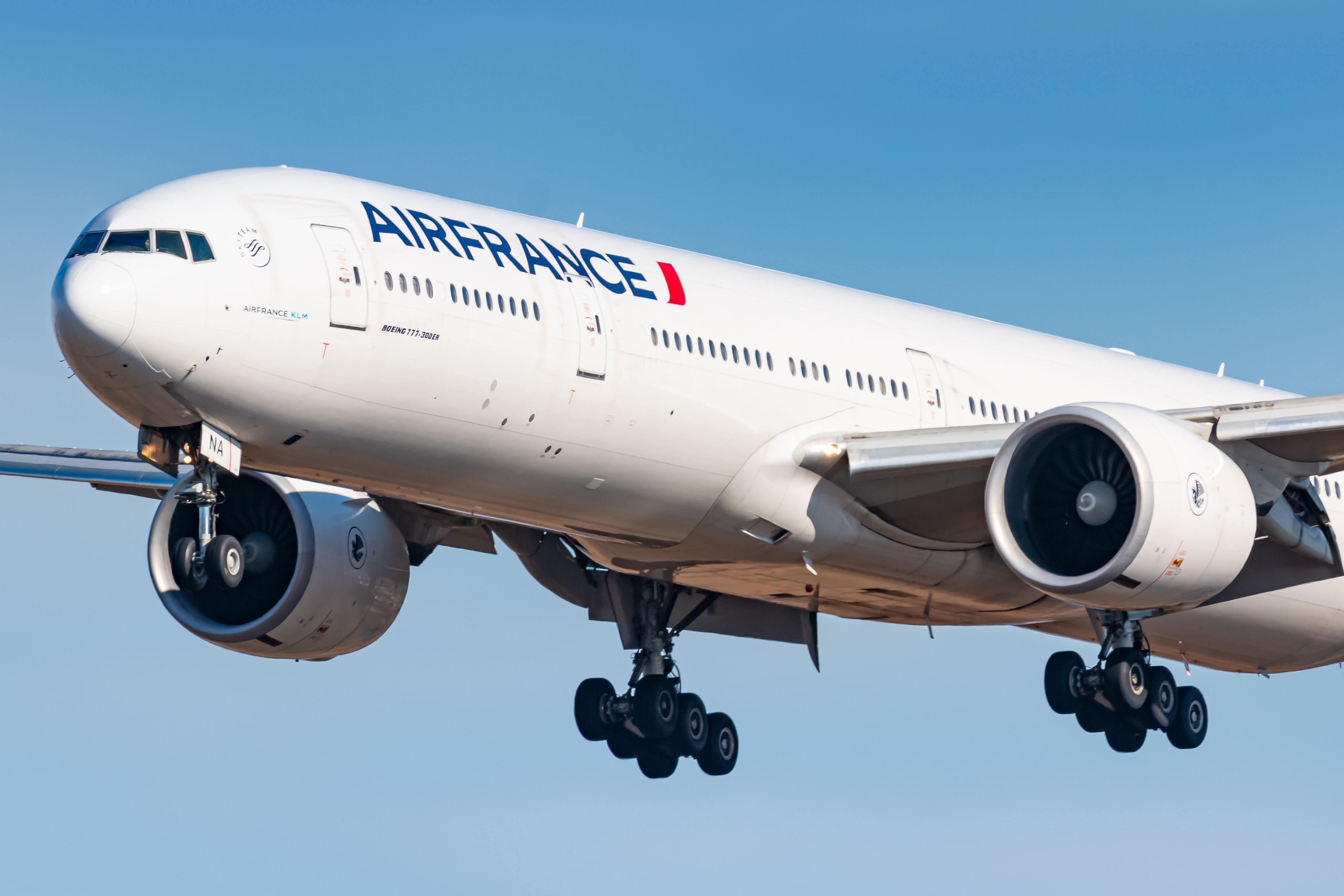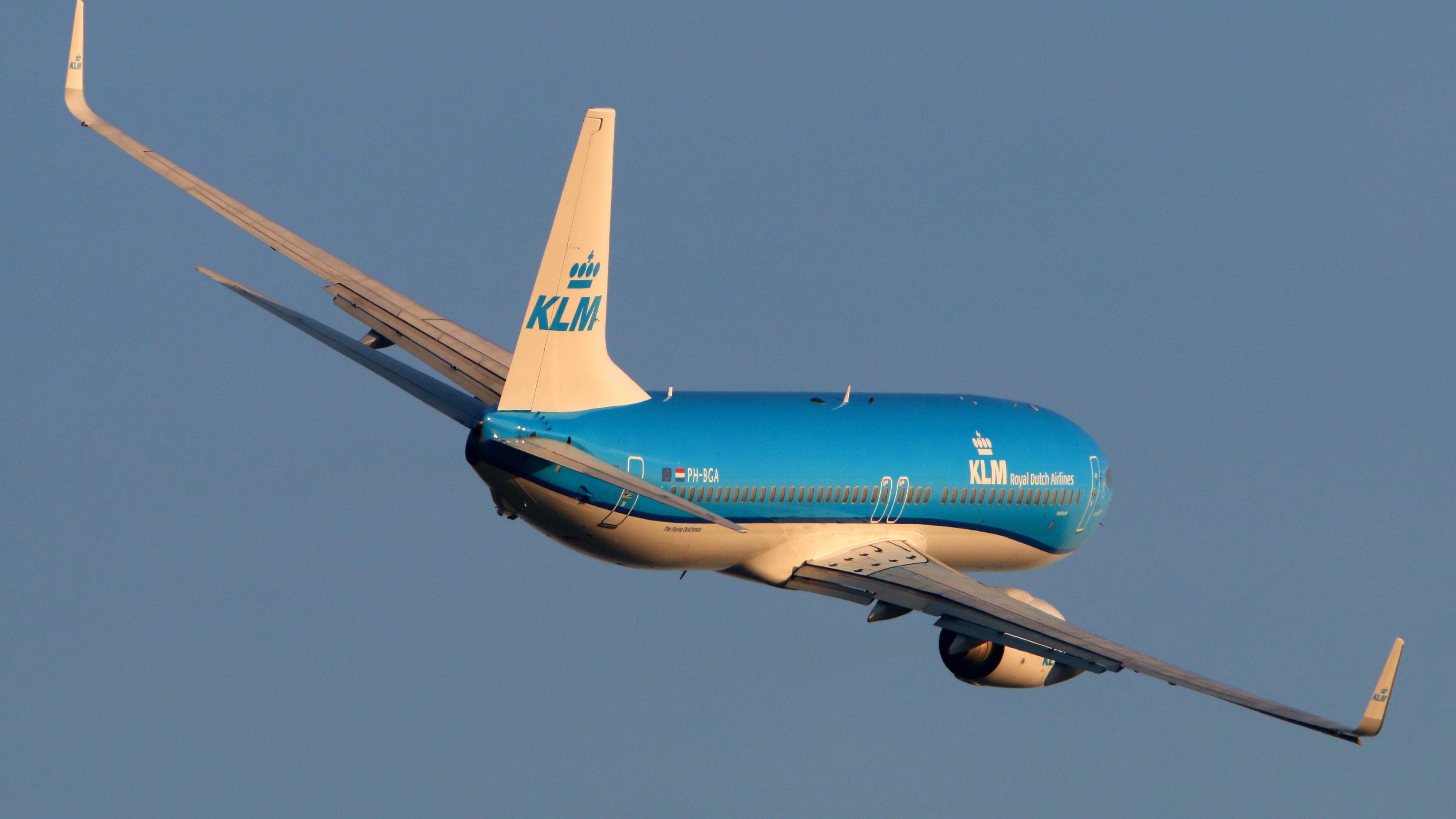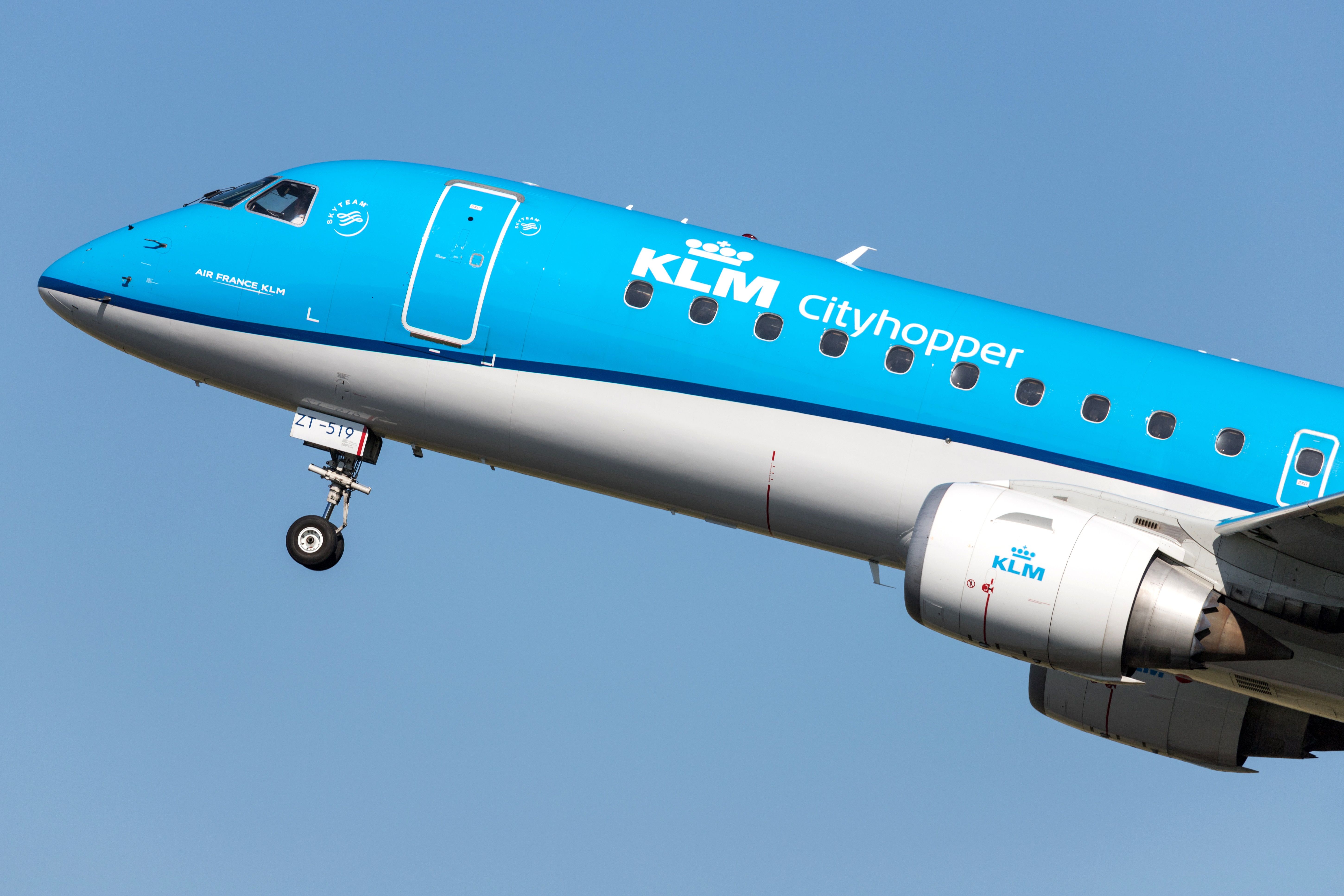Summary
- Kenya Airways wins Best Innovation for operating the first sustainable aviation fuel flight in Africa, helping to develop the supply chain locally and paving the way for wider adoption in the region.
- KLM Royal Dutch Airlines wins Best Adoption for sharing its sustainability solutions on the TSFC platform, with the most solutions adopted by other airlines.
- Air France wins Best Collaboration for its Holistic Green airport project, involving 41 partners and 17 third parties to implement sustainable solutions and reduce environmental impact.
In an awards event held this week at the Delta Flight Museum in Atlanta, global airline alliance SkyTeam has announced the seven winners of its Sustainable Flight Challenge 2023. The Sustainable Flight Challenge started last year and exists to challenge the aviation industry by stimulating and accelerating innovation along the pathway to zero emissions flight.
The Oscars of sustainability
Yesterday, SkyTeam announced the seven category winners were Kenya Airways, KLM Royal Dutch Airlines, Air France, TAROM, China Eastern Airlines, KLM Cityhopper and Air Europa. The challenge took place between May 15 and May 28, with the 22 participating airlines implementing their best sustainability solutions and vying for awards in 32 categories.
Photo: Lukas Wunderlich/Shutterstock
The Sustainable Flight Challenge (TSFC) covers flight and ground operations, with each airline’s solutions judged by a panel of international aviation and sustainability experts. The winners of the 25 sub-categories were announced in September, and yesterday, the seven overall award winners learned of their success. SkyTeam CEO Patrick Roux said:
“Alliances were built on cooperation and SkyTeam’s Sustainable Flight Challenge demonstrates how working together beyond the traditional realms of network and customer service can help reduce aviation’s impact. The participating airlines have sparked hundreds of new solutions and ways of working that have the potential to bring about positive action and drive wider industry change while we await game-changing technology and greater availability of sustainable aviation fuels.”
And the winners are …..
This year’s challenge involved 22 airlines operating 72 flights, 50 more than in 2022, and submitting more than 350 new ideas that will be shared across the industry. SkyTeam said that overall, this year’s TSFC resulted in an average improvement of 19% in CO2 intensity compared to the same flights operated in the previous month.
Best Innovation – Kenya Airways: Kenya Airways operated the first flight in Africa using sustainable aviation fuel (SAF) and helped develop the supply chain using local feedstocks and production plants. It engaged with stakeholders to make the first SAF flight happen and has helped pave the way for wider SAF availability and use in Africa, becoming a leader in African sustainable aviation.
Photo: Fasttailwind / Shutterstock
Best Adoption – KLM Royal Dutch Airlines: The judges said that KLM showed a proactive commitment to uploading its solutions onto the shared TSFC platform for other airlines to implement as part of their own sustainability efforts. With sharing knowledge and expertise vital to sustainability, KLM had the most solutions adopted by other airlines.
Best Collaboration – Air France: Air France’s Holistic Green airport comprised 41 partners and 17 third parties, including airports, airlines, aeronautics experts, public authorities, researchers and start-ups across Europe. The project drew on the resources and expertise of all partners to facilitate the implementation of sustainable solutions.
Lowest CO2 Emissions – TAROM: TAROM operated a Bucharest to Madrid flight with a high payload fraction through passenger load factor and belly cargo on both legs, making it a more efficient operation on the route.
Greatest CO2 Reduction – China Eastern: China Eastern increased its payload fraction on short and medium-haul flights during The Challenge to reduce emissions compared to its baseline for the same flights operated in the previous month.
Photo: Bjoern Wylezich I Shutterstock
Best In-flight Waste Management – KLM Cityhopper: The airline reduced waste on both its flights to a total of only 12 kilograms (26.5 pounds) from the 192 passengers onboard. This equates to 62 grams (2.19 ounces) per person compared to the IATA industry average of 1.43 kilograms (3.15 pounds) of waste per passenger.
Lowest CO2 Emissions Ground Operations – Air Europa: Around 50% of the airline’s ground support equipment used for the challenge was electrically powered, including for aircraft pushback, which enabled Air Europa to generate the lowest CO2 emissions per passenger on its Madrid – Amsterdam round trips.
The SkyTeam members include Aerolineas Argentinas, Aeromexico, Air France, China Airlines, China Eastern, Czech Airlines, Delta Air Lines, Garuda Indonesia, ITA Airways, Kenya Airways, KLM Royal Dutch Airlines, Korean Air, Middle East Airlines, Saudia, TAROM, Vietnam Airlines, Virgin Atlantic, Xiamen Air and the suspended Aeroflot.


